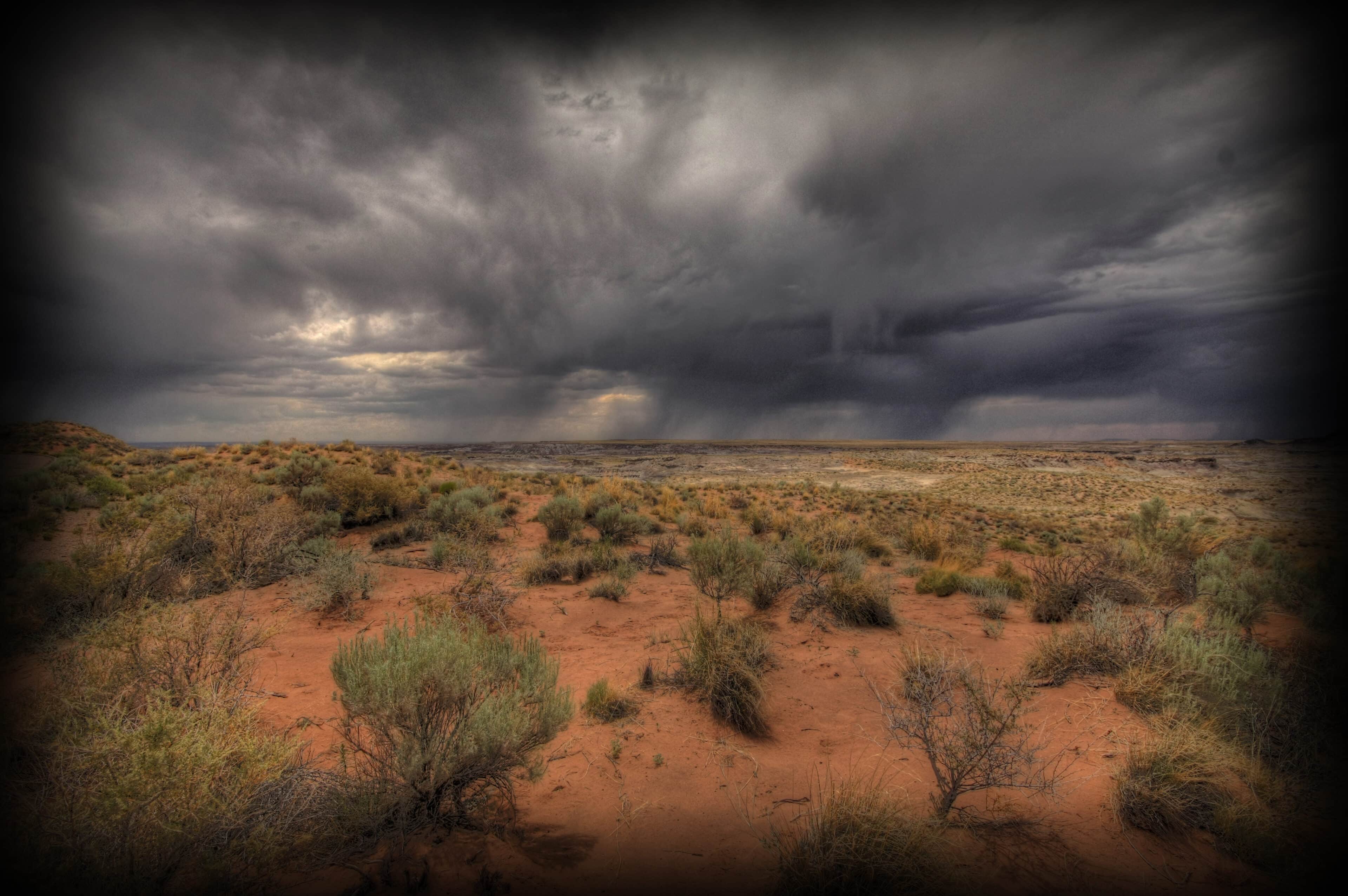
Perhaps you have seen Allan Savory’s recent TED talk on Greening the Desert. Perhaps you have heard of Holistic Management, or worked on a farm that uses this technique. Or perhaps your main connection to farming is that you prefer to eat clean food from regenerative sources.
Wherever you’re coming from, I encourage you to go put the kettle on and take 5 minutes to read this address, that Allan Savory gave last week at the first International Conference of the Savory Institute, which we’ve printed below with permission, and with thanks.
And then come to one of our Allan Savory Australian Tour events in August, and keep talking. Because we all need to have this conversation, right now.
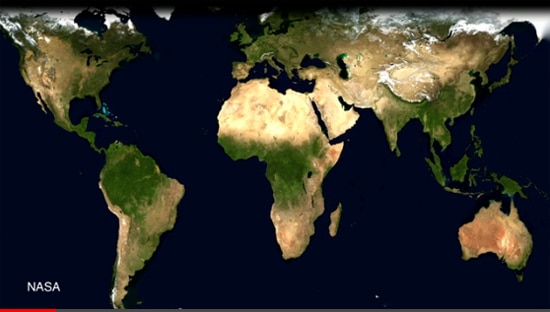
Global Desertification map. Source: NASA
Address by Allan Savory: First International Conference of the Savory Institute, Boulder, Colorado June 2013
I thank all of you attending this our first gathering and conference for doing so, and in particular those of you have travelled from at least 10 countries I believe. I would like also to pay tribute to the people responsible for the formation of the Savory Institute, which was not formed by me. They have achieved more progress in last 3 years than we did over the past 30 years.
The purpose for which they formed the Savory Institute was to “get the holistic framework into international consciousness to avoid tragedy beyond imagination” As I noted in a recent TED talk almost all that is not fairly dark green is desertifying.
Let’s look briefly at our global situation.
Agriculture is the key to everything; without which we cannot have a church, university, business, company – or even an economy, city or explore space. It is the very foundation upon which all human endeavour rests but we treat it as simply dirt.
Agriculture is the production of food and fibre from the world’s land and waters. It is not just crop production as many believe. Fisheries, forestry, wildlife and more are agriculture.
While agriculture made all we enjoy today -including our cell phones, comfortable cars and television – possible, it has also already destroyed many civilizations in all regions – both green and brown – in the NASA picture above.
Agriculture today is producing far more eroding soil than food. We need to produce every year about half a ton of food per person. We are achieving this by producing 4 tons of eroding soil per person every year according to soil scientists. I believe these figures are largely from croplands. If we include the vast desertifying lands the figure could well be 8 to 10 tons or more of destroyed soil for every human alive today. And we expect the population to rise toward 10 billion.
Do we seriously think we can feed them at the cost of 80 -100 billion tons of soil destroyed every year?
Agriculture today is causing global expansion of man-made deserts – annual burning of billions of hectares of the world’s grasslands – periodic burning of millions of hectares of tropical and other forests. Massive loss of biodiversity. Vast destruction of ocean life – silting of continental shelves.
Agriculture is decreasing the effectiveness of rainfall over most of the world’s land destroying the greatest reservoir of both fresh water and carbon in the world (the soil). Causing poverty, social breakdown, urban drift to cities, violence, wars and climate change.
In summary – agriculture is without doubt the most destructive practice we have – more so than any coal mining, oil or other extractive industry. And what is most dangerous is that climate change is highly likely to continue even after we develop benign forms of mass energy as we must with urgency. I doubt any informed person or scientist could argue these points I have so briefly covered. As the astronauts would say “Houston, we have a problem!”
In my view the entire issue of agriculture and climate change should have been put on a ‘war-footing’ many years ago. I certainly did in my mind long ago. I understand many of you do not like using a war analogy – but for several reasons I believe it is appropriate.
The dangers facing us are greater than all the wars ever fought and long ago I wrote that “We are facing the greatest, and if lost the last, ‘war’ humans would ever fight – the struggle to live in harmony with ourselves and our environment.”
What does putting agriculture and climate change on a ‘war-footing’ mean? Paul Gilding in his book “The Great Disruption” expressed it well – it means that point at which every one of us recognizes our backs are to the wall and it is no longer what we want, or would like to do, but what we have to do. At that point any action against our common interest is regarded as treasonable.
How did we land in this dire situation and when? The answer is that it began a very long time ago – some continents and islands longer than others – depending on when humans arrived with language, organization, spear and fire followed by the domestication of plants and animals. It has been a growing problem for thousands of years that has now assumed global proportion.
Earlier things happened gradually over thousands of years. Ordinary people like you and me – not my fellow scientists – observing, discussing and learning developed all the domestic animals, grains, vegetables, fruits that made civilization possible. Despite the slowness of change many civilizations were, as we know, overwhelmed by agricultural destruction of their environment.
Studying the failure of past civilizations Rebecca Costa (The Watchman’s Rattle) wrote, I believe correctly, that those past civilizations did not fail simply because the agriculture did – they failed because their societies could not address the complexity of rising population and deteriorating environment. They turned, she states, increasingly to faith and sacrifices while shelving the problems for future generations until overwhelmed.
Seems little has changed today other than the scope of the problem. Things are happening faster now for many reasons amongst which are population growth, exploding technological advances and our modern educational system.
John Saul, studying the worsening situation following the Age of Enlightenment or Reason, concluded that our division of fields of knowledge into silos each with it’s own language and experts is a major concern. To quote Saul:
“The reality is that the division of knowledge into feudal fiefdoms of expertise has made general understanding and coordinated action not simply impossible but despised and distrusted.”
Whatever the reasons, major national and international actions today that make no sense have increased dramatically. For example. It makes no sense to produce oil to grow corn and use 40% of that corn to produce fuel?
It makes no sense that oil companies are investing more than $600 billion a year exploring further fossil fuel reserves and not a dollar I am aware of helping us produce more food than eroding soil.
The reality is that we are in our present situation. There is no point in apportioning blame as every one of us is responsible to varying degrees. What we need to do is face reality and begin rapidly working our way out – beginning with the most obvious and greatest danger to the future of humanity agriculture and desertification.
I have heard it said that if Christopher Columbus had waited for the approval of a committee he would still be in the harbour. The world is leaderless as we face such grave dangers and if we wait for some politician, university, large NGO or international agency to lead, we too will never leave harbour.
We will not be led out of our situation by some dynamic leader or grand plan but by each and every one of us beginning to act.
Floods never start as floods, but as drops of rain hitting dry earth, then damp earth then beginning to flow until there is a flood. It is up to each one of us to be those drops of rain that lead to a flood of changed behaviour.
This is not a doomsday talk. I am pleased to tell you that the Savory Institute, being very aware of all I have said, is leaving harbour by launching a global strategy to address the most pressing immediate needs. A strategy that offers people, and organizations, around the world an opportunity to become those drops of rain gathering till together we offer great hope for all of humanity.
Your being here I take to mean you will be amongst those first rain drops.
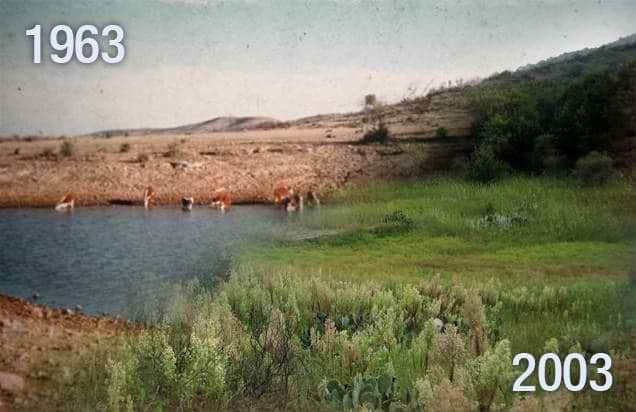
The first prong of our strategy is to begin reversing desertification of the world’s vast seasonal humidity mainly grassland environments.
Rapidly getting both carbon and water back into the soil over most of the world. Ranchers and pastoralists living mainly in the brown zones – can do what is needed using livestock properly managed as we have proven over and over.
This is the most immediate thing we can and should do world-wide. Regardless of climate change this alone will begin to address much of today’s poverty, social breakdown, violence and war and to prevent future wars over water worse than over oil. Reversing man-made desertification using livestock, properly managed, is 100% scientifically sound and also socially and environmentally sound.
It is doable at incredibly low cost. And most important there will be no unintended damaging consequences such as we almost always experience when using some form of technology to manipulate our environment.
There is simply nothing currently known to science that we can do to begin addressing climate change more rapidly and safely over billions of hectares of land. This part of our strategy 0 reversing desertification – we are moving ahead with by encouraging the formation of locally led and managed learning hubs around the world.
I am pleased to see Savory Hub leaders from 12 such hubs in about 10 countries have been here for over a week helping one another and working with us. Hubs around which many people and organizations can collaborate and learn together allto be connected to one another globally by our institute through an internet platform to be launched any day now.
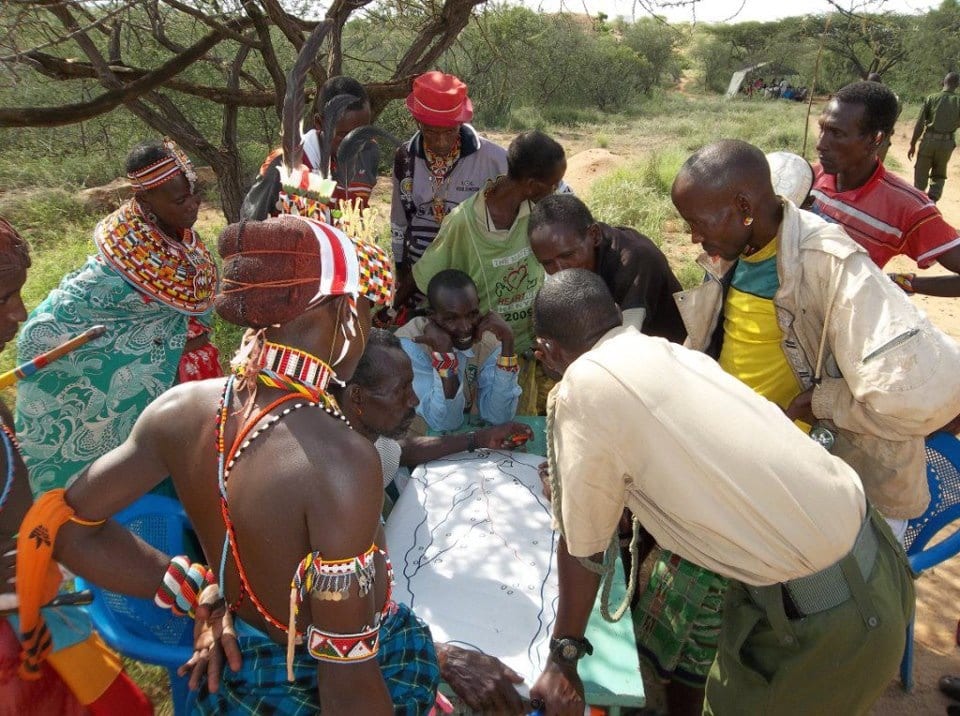
Holistic Grazing planning in Zimbabwe
The second prong of our strategy is to begin removing the barriers to human creativity and the application of knowledge so readily available.
Many people already are saying that almost all of the knowledge needed to develop an agriculture that produces more food than eroding soil is available today. I too believe this.
The knowledge needed is available amongst farmers, ranchers, pastoralists, foresters and fishermen and amongst individuals in our NGOs, universities, companies, governments and international agencies. The barriers preventing people from applying the already available knowledge are not environmental but are 100% human. Barriers almost entirely due to entrenched bureaucracy and feudal fiefdoms in our institutions and to faulty policies, laws and regulations.
Let me provide an example of what I am talking aboutwith regard to already available knowledge. Changing our direction in any large nation like the U.S., U.K. or Australia is like trying to change the course of an ocean liner with a paddle in your hand. If change occurs it is likely to be in a small nation in deep trouble.
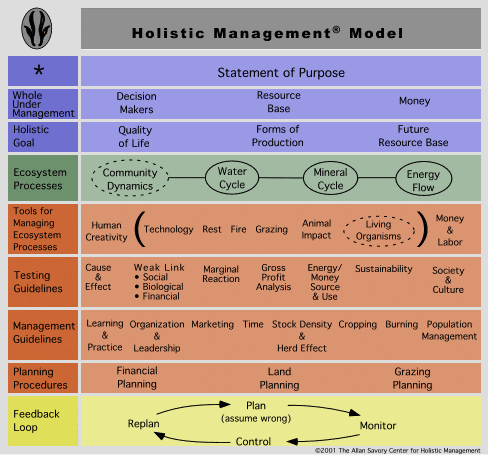
I recently had the opportunity in my own country Zimbabwe of putting on a workshop entirely for law-makers to demonstrate the use of the holistic framework in agricultural policy formation.
Thirty five Members of Parliament from two violently clashing parties participated. Members of Parliament in far greater and more violent conflict than Republicans and Democrats in the US.
I reminded them of a 1980s speech by their President Robert Mugabe when he appealed to scientists to come up with answers stating “We do not have a greater problem than our rising population and our deteriorating environment. We politicians do not know what to do. We can only take the advice of our professional advisors, but when things go wrong we get the blame and never our advisors.”
Next I told them we would explore something new – using the holistic framework to form policies.
After explaining briefly the scientific insights that made the development of the holistic framework possible I outlined how it could be used to form sound policies (or development projects). I explained that all objectives need a context without which we cannot assess whether or not they are wise or could lead to unintended consequence. And that all policies have objectives that too need a context.
Currently the context for objectives in any government policy are invariably “the problem being addressed” in the policy. This is not an adequate context for the social/cultural, economic and environmental complexity that policy requires. Hence the world-wide failures of agricultural policies as well as the failure to achieve millennium goals we experience despite the brilliant minds involved. To address real world complexity the context for policy needs to be holistic – holistic context – a new concept.
At this point I stopped talking about it and suggested we simple do it together learning as they went along – using the land/agriculture policy that is causing the most anger and dysfunction in the nation.
Once we had a defined national holistic context for any government policy, the entire atmosphere changed from party positions to humans simply working together with common purpose.
Everything simply soared above party politics – no one did, but had anyone lobbied for any special interest or party dogma they would have felt foolish.
Next we agreed on principles the policy should follow– that government should not run agriculture as only people on the land could do so, that government’s role – through policy – should be to remove all barriers to the creativity of the people, while also rewarding agricultural practices that were in context and penalizing actions out of context.
Next we sought ideas that could bring about a regenerative agriculture calling for all possible ideas, and filtering those to ensure all actions would be socially, economically and environmentally in context. By the end of the workshop we had the nucleus of a policy the world dreams of. A policy that would be supported by the nation, begin producing more food than eroding soil, greatly increase agriculture production, healing the land, rivers and underground water.
Increasing government revenue while decreasing costs. An interesting outcome was that requirements such as “organic or sustainable” would become redundant – because all food would be clean, healthy and produced on regenerating soils addressing both desertification and climate change.
There were two immediate reactions from these law-makers. First a mix of sadness and anger. Why they asked has no one at our universities, or international agencies and consultants ever explained to them how to do this. And the second; an appeal to repeat the workshop at cabinet level. This we are now aiming to do when elections are over.
What to me was exciting was to see how law-makers across the educational spectrum could form holistically sound policies far better than we do today with nothing but guidance in the use of the holistic framework they are not yet accustomed to using.
I could not help but contrast that with a recent presentation I gave to an All Party Parliamentary Group in Britain.There I found Members of Parliament had recently received a forty odd page document from Britain’s Chief Scientist summarizing all aspects from countless experts on different fragments of agriculture to guide policy formation.
Had I, or any politician, been presented this mass of information, the automatic response could only be – put it back to the “experts” to in effect tell us what to do.
Combine this with the massive lobbying by pressure groups many politicians face and there is not the slightest chance of any agriculture policy succeeding. Agricultural policy in the European Union, China or the US is no better because all are formed by integrated teams of experts with inadequate context and no cohesion.
Cohesion that can only be provided by a national holistic context. This will not change until public opinion forces institutional change and politicians as the law makers take responsibility for forming policies holistically.
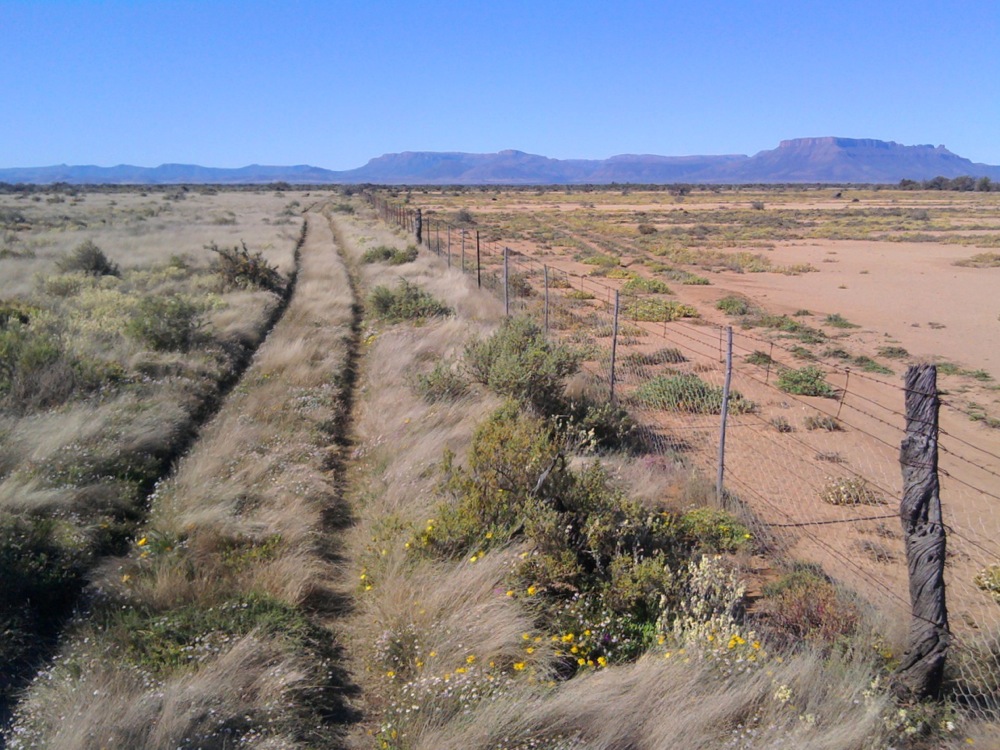
Two different cattle farms, two different practices – on the left is the property using Holistic Management, on the right is increasing desertification – in a climate with 200mm yearly rainfall, South Africa.
In conclusion:
In the time available I have not spoken of the other essential aspect of addressing climate change – the development of benign forms of energy. Many good people are doing amazing work in this vital area –well presented in the documentary Carbon Nation produced by Peter Byck. So much known but so little changes despite our desperate situation.
If for example U.S. energy policy was formed holistically by law makers, and not by “experts” and pressure groups without context, the situation would change overnight.
Just as did all US production in a few months when the nation entered WW II.
The American people showed what they are capable of then and they will do it again the moment public opinion shifts far enough for a President to put agriculture and climate change on a war-footing as we must. And because the scientific evidence is so overwhelming public opinion will shift rapidly as soon as the treasonable behaviour of corporations deliberately misleading the public stops.
I believe that what cigarette companies did to mislead the public is child’s play compared to the investmentis disinformation of fossil fuel extraction and giant agri-business companies today.
The world is crying out for the leadership that will shift public opinion, so let me say a few words about that. As I mentioned earlier the required leadership can never come from any politician or institution, but only from individuals like every one of you.
Individuals speaking up using social media till the drops of rain form a flood obliging politicians and institutions to put global agriculture and climate change on a ‘war-footing’.
This essential leadership to shift public opinion can only come from ordinary people like you and me in our communities, in our universities and in our corporations. Most people are good. Most people are peaceful.
Most people are decent and give of their best in times of disaster and tragedy. Now we need most good, decent, commonsense people to give of their best; collaborating, merging with others till that flood demands agriculture, desertification and climate change be taken seriously before tragedy engulfs us.
Many millions are moving and rising and more will do so demanding better governance. However I note these mass movements even in the US are silent about agriculture. They will remain ignorant about the role of agriculture unless each and every one of you begin to lead – blog, tweet, email, speak up – do something if you care about your children, grandchildren or humanity.
We need to get the message out loud and clear that agriculture is the foundation of any economy or stability and as great a contributor as oil, coal and gas to climate change. Climate change to which we can no more adapt than can the proverbial frog in slowly boiling water. So if you and I are the leaders shifting public opinion in all nations, what can we do?
What can you, and the person sitting on either side of you, do? If you truly care about your children, grandchildren and the harmonious peaceful stable world that is possible – then become a leader of public opinion. Help us create the needed awareness of agriculture’s role. Help us develop our strategy of locally led and managed hubs around the world.
Help us get the holistic framework into international consciousness with all the haste we can. Put this on a war-footing in your own mind without waiting for someone else to lead and let’s show the world there is hope.
Start tomorrow morning. Look yourself in the mirror and ask as I once did:
What are you going to tell your children or grandchildren that you did in the prime of your
life about the situation they face.
What will your answer be?
Address by Allan Savory: First International Conference of the Savory Institute, Boulder, Colorado June 2013
We invite you to join us to participate in this conversation in Brisbane, Sydney or Melbourne this August during Allan Savory’s Australian speaking tour.
It will be a unique chance for you to consider and discuss these important issues with others, while listening to and learning from a world changer. We hope to see you there.
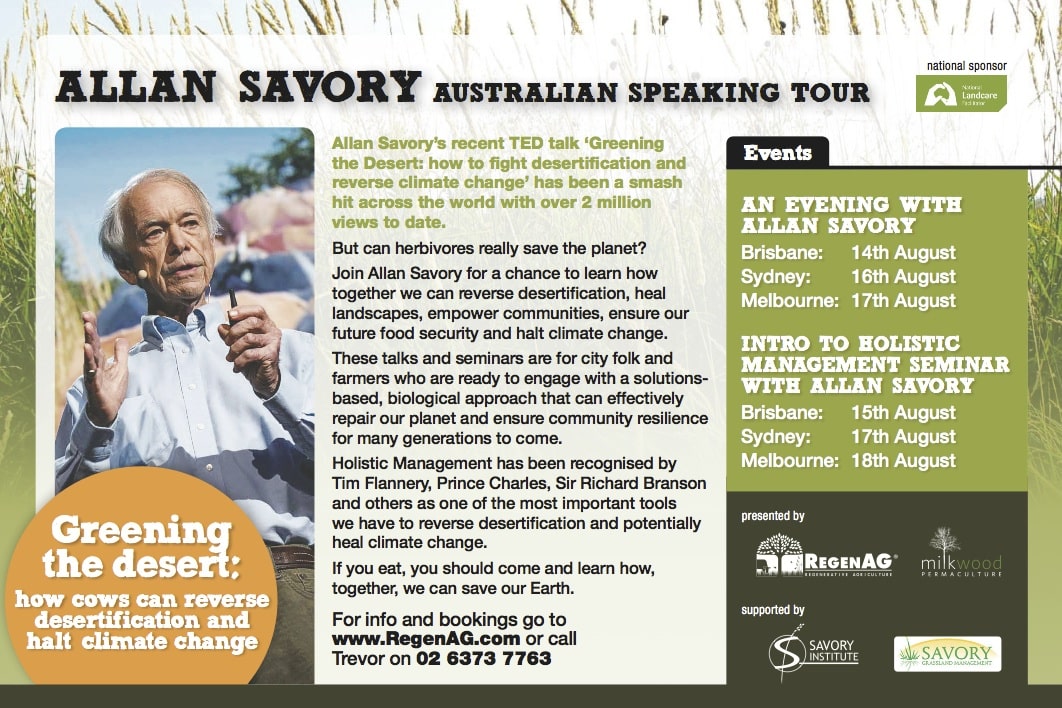

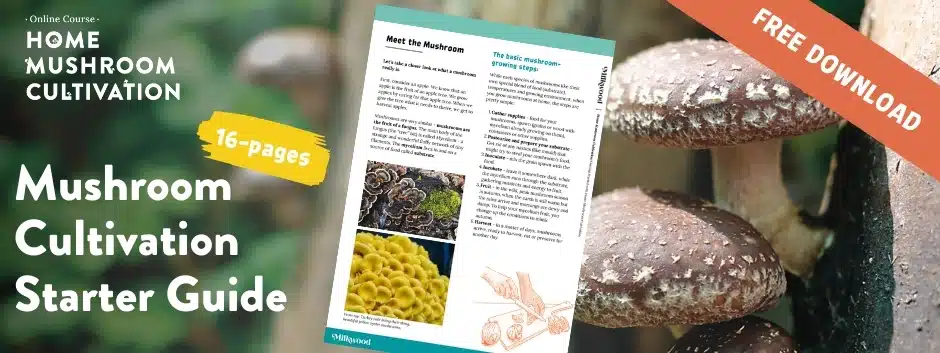
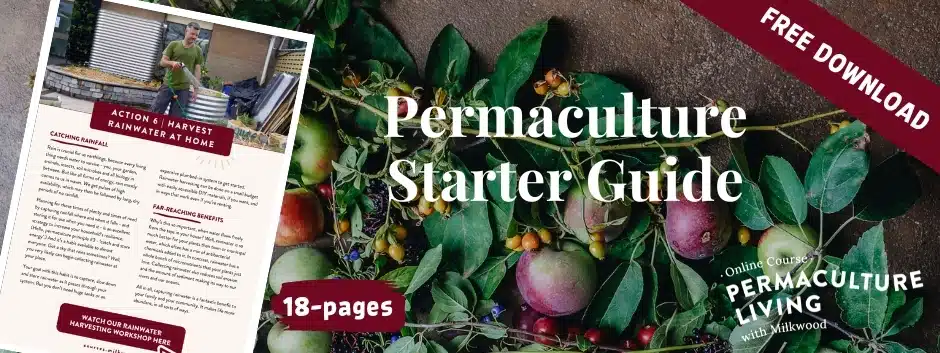
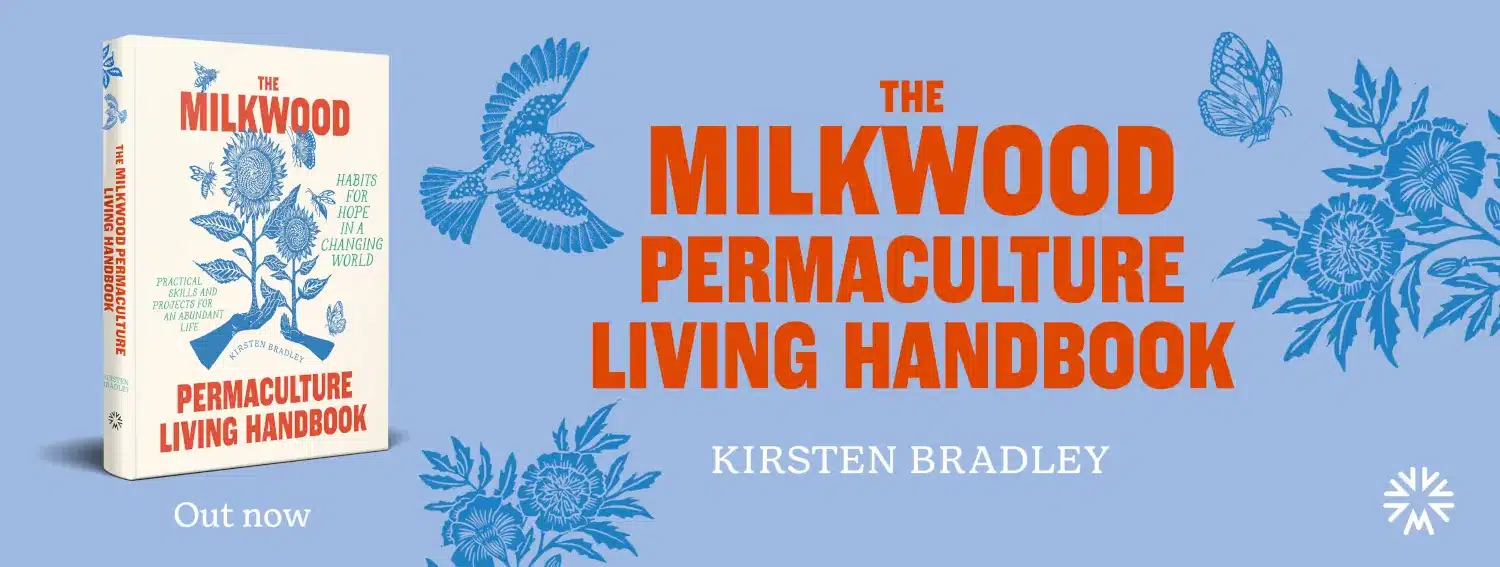

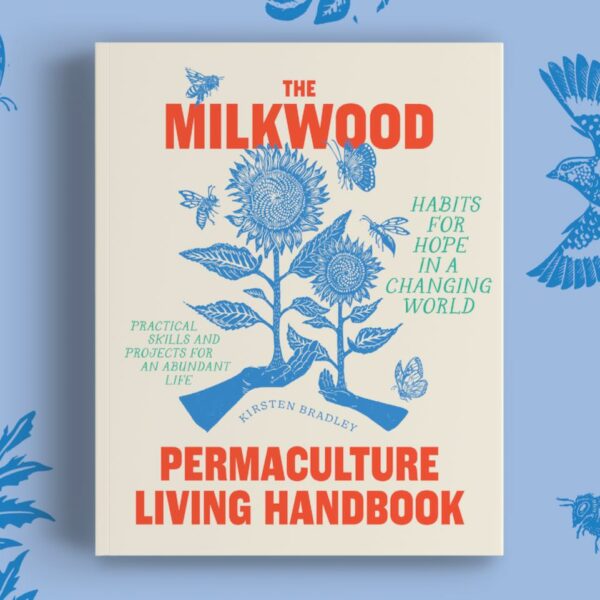







It’s refreshing to see someone address the “grey area” between policy makers and scientific experts. I am optimistic individuals can change their own behaviour for the better of renewing global soil reserves. Unfortunately, I’m more pessimistic corporations of large capacity, required to implement significant change at our request, will not venture beyond another white-wash of reality. They play a deadly game with money and what it’s worth to trade in, at great expense to the environment. Terms like “organic” and “sustainable” can go through the PR machine to mean anything nowadays. We have the knowledge, we can educate the masses… Read more »
Right on.
Thank you for the transcript – this is a most valuable resource. Having seen the effects of extended drought last summer, and seeing the devastation on my small patch I realise that re-foresting (with mostly food plants) offers a win-win-win-win every way you look at it.
Start the revolution Brothers, I’m In. TonyO.
thanks for posting the transcript. We all need to work on friends and family – help them see the solutions. Investments are a big hurdle – so many retirement funds tied up in supporting the very corporations that are bleeding the earth dry. Time to reassess your future – whats more important – investing in regeneration of the land that feeds you or same old same old investment in big business? The choice is blindingly obvious.
Alan Savoury and Paul Guilding together, there is hope
Reblogged this on Laura Bruno's Blog and commented: This is an inspiring and illustrative speech given by Allan Savory at the Savory Institute International Conference. He covers greening the desert, as well as the options we have for addressing the needed shifts in approaches to agriculture around the world. The post includes a link to his TEDTalk about greening the desert, and it provides a model for getting government on board with needed changes … in part by going ahead without waiting for their permission/permits. Savory suggests what he calls a national holistic context that reaches far beyond opposing political… Read more »